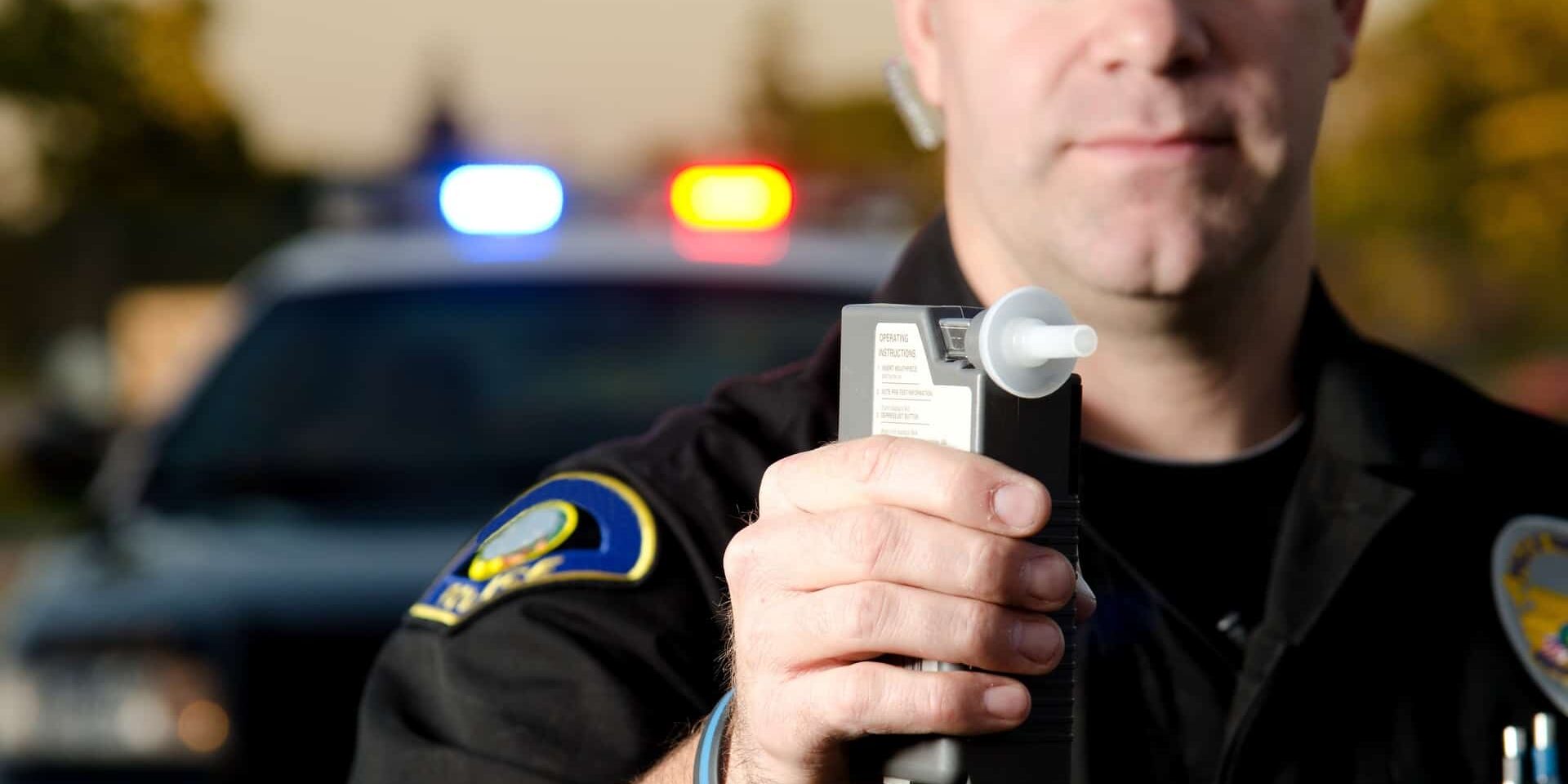Introduction
Driving under the influence (DUI) and impaired driving charges are major offenses that can have considerable legal effects. While these terms are typically used interchangeably, it is necessary to comprehend the differences in between them. In this short article, we will explore the nuances of a DUI charge versus an impaired driving charge, exploring the legal ramifications and possible penalties associated with each.
The Difference between a DUI Charge and Impaired Driving Charge
Driving under the impact (DUI) http://driving-and-drinking-chargesqmfp844.timeforchangecounselling.com/impaired-driving-defense-key-elements-of-a-strong-case and impaired driving charges refer to criminal offenses connected to running an automobile while under the impact of alcohol or drugs. However, there are some crucial differences in between these 2 charges.
Definition of DUI Charge
A DUI charge normally describes driving with a blood alcohol concentration (BAC) above the legal limit set by the state. In many jurisdictions, this limitation is 0.08%. If a motorist's BAC surpasses this limit, they can be charged with a DUI offense.

Definition of Impaired Driving Charge
On the other hand, an impaired driving charge focuses more broadly on any form of problems brought on by alcohol or drugs while running a lorry. This can consist of not only surpassing the legal BAC limit but also showing signs of problems such as slurred speech, irregular habits, or inability to perform regular tasks.
Legal Ramifications of DUI Charges
DUI charges are usually considered more severe than impaired driving charges due to their particular focus on blood alcohol concentration. The charges for a DUI conviction differ depending on aspects such as previous convictions, BAC level, and jurisdiction specific laws. Nevertheless, common consequences may consist of:
License Suspension: A DUI conviction typically results in a suspension of your motorist's license for a specified period. Fines: Convicted people may deal with substantial fines ranging from hundreds to countless dollars. Probation: DUI transgressors might be placed on probation, needing them to abide by particular court-ordered conditions. Ignition Interlock Device: Sometimes, a court might need the installation of an ignition interlock gadget, which prevents a lorry from starting if alcohol is identified in the driver's breath. Mandatory Alcohol Education Programs: DUI wrongdoers are often needed to complete substance abuse programs to educate and restore them. Jail Time: Depending on the intensity of the offense and prior convictions, people founded guilty of DUI might face imprisonment.Legal Implications of Impaired Driving Charges
While impaired driving charges are normally considered less extreme than DUI charges, they still carry substantial legal implications. The penalties for impaired driving vary by jurisdiction but can consist of:
License Suspension: Similar to DUI charges, impaired driving convictions can result in a suspension of your chauffeur's license. Fines: Convicted individuals may face considerable fines depending upon the seriousness of the offense and jurisdiction-specific laws. Probation: Like DUI offenders, those charged with impaired driving might be put on probation and needed to fulfill specific conditions set by the court. Education Programs: Completing drug abuse education programs might also be obligatory for people founded guilty of impaired driving. Community Service: Sometimes, people charged with impaired driving might be required to perform social work as part of their sentence.FAQs
What need to I do if I am charged with a DUI or impaired driving?
If you are charged with a DUI or impaired driving, it is vital to look for legal representation right away. Contacting an educated and experienced DUI lawyer or impaired driving lawyer can assist safeguard your rights and navigate through the legal procedure effectively.
How much does a DUI lawyer cost?
The cost of working with a DUI lawyer can vary depending on aspects such as place, experience, and intricacy of the case. It is best to talk to different attorneys to comprehend their cost structures and payment options.
What are the different DUI charges?
There are various kinds of DUI charges, consisting of first-time offenses, repeat offenses, exacerbated DUI (including accidents or injuries), and felony DUI (resulting in extreme harm or death). The specific charges depend upon the scenarios of the occurrence and jurisdiction-specific laws.
Can I safeguard myself against impaired driving charges?
While it is possible to represent yourself in court, it is highly recommended to look for legal representation for impaired driving charges. A competent impaired driving defense lawyer can evaluate your case, gather proof, and develop a strong defense technique on your behalf.
What are the penalties for severe DUI?
Extreme DUI describes cases where a driver's BAC exceeds a particular threshold significantly, frequently double or more than the legal limitation. Penalties for extreme DUI usually include more severe fines, longer license suspensions, compulsory alcohol education programs, and increased prison time.
How does a DUI charge impact my insurance rates?
A DUI charge can have a substantial effect on your insurance coverage rates. In most cases, insurance companies think about people with DUI convictions as high-risk chauffeurs, resulting in increased premiums or perhaps policy cancellation.
Conclusion
Understanding the distinction between a DUI charge and an impaired driving charge is important for people facing these legal matters. While both offenses include running a vehicle under the influence of alcohol or drugs, the particular definitions and legal ramifications vary. If charged with either offense, seeking professional legal representation is important to ensure your rights are protected and navigate through the intricacies of the legal system effectively.